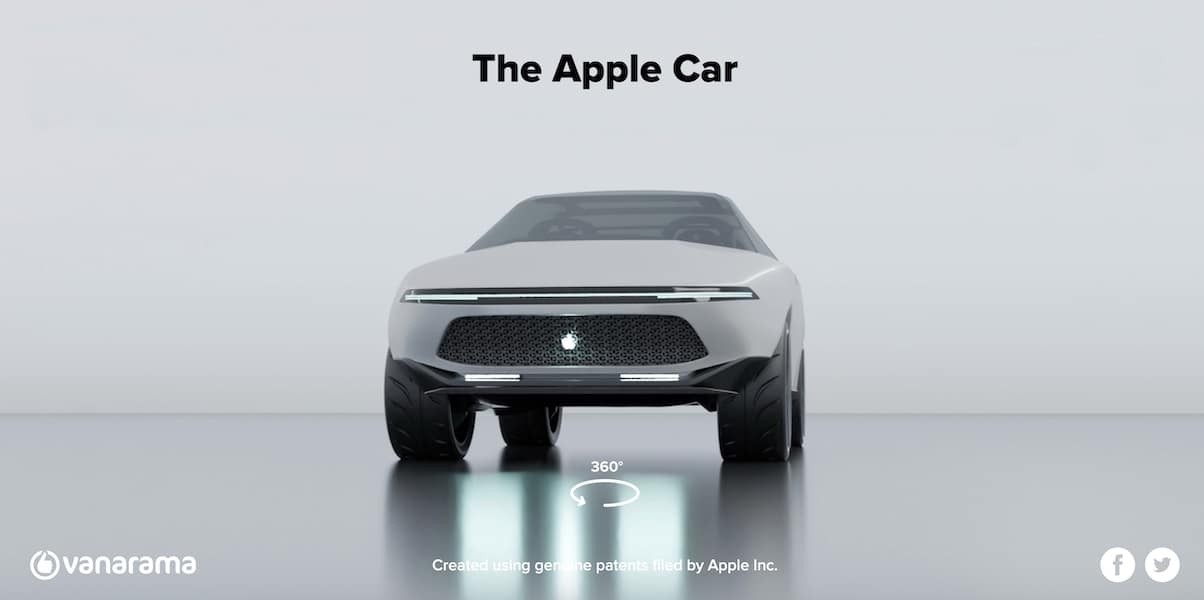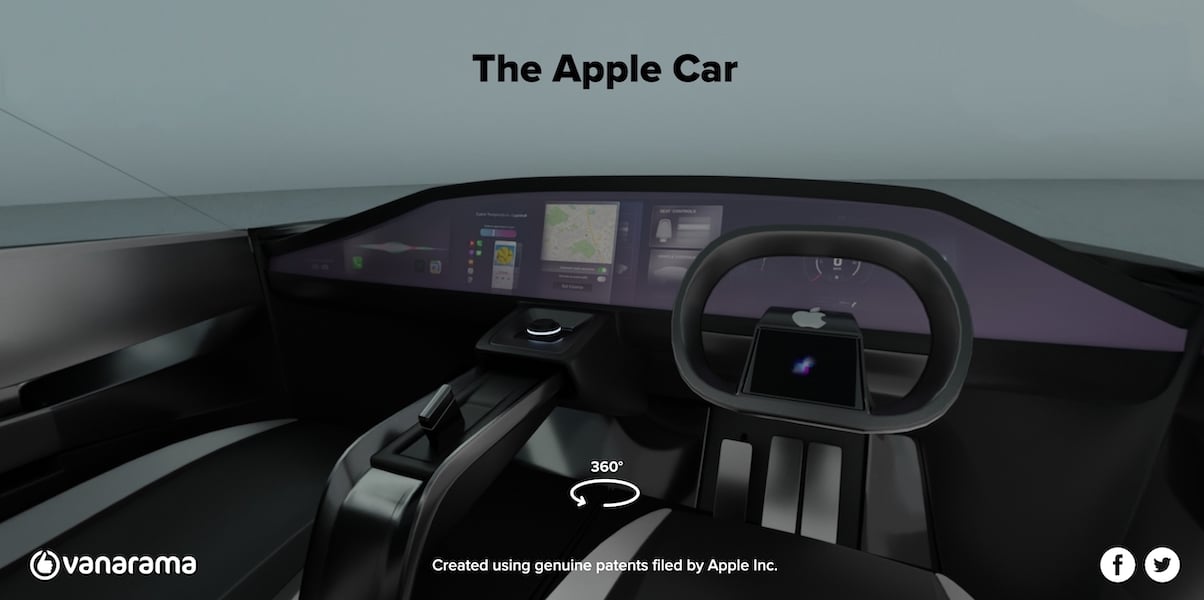For over two years now, rumor mills have been reporting on Apple’s alleged electric vehicle (EV), from its possible assembling partners to sorting out new supply chains for its parts. A new report by Nikkie Aisa confirms that such a project is underway and the tech giant has shown schematics of its first EV, commonly called Apple Car to a Japanese auto parts manufacturer, Sanden.
Sanden is one of Japan’s leading suppliers of vehicle air conditioner parts, but it is independent of the country’s big automotive groups.
In 2014, the tech giant began Project Titan to develop its EV but due to several issues, the project was shelved and the company was assumed to be working on the software of an EV. But in the recent past, reports claimed that the tech giant has begun working on it again and is in talks with manufacturers to assemble its car.

Apple shared its EV’s schematics with Sanden, a Japanese auto parts manufacturer in 2020
Although the report does not give any details of the EV’s design, it does a time frame when project Titan was revived, for the first time.
Two years ago this month, a man in a suit showed up at Japanese auto parts maker Sanden’s Texas office. The man had a folder, and said he was from Apple.
The man, who introduced himself as a parts manager, said Apple wanted to make electric vehicles and needed Sanden’s help on high-performance components, according to people familiar with the conversation. Slowly and deliberately, he presented schematics of an EV and air conditioner parts.

Furthermore, the article explains that a deal between the two companies did not materialize because of Sanden’s financial crisis due to the COVID-19 pandemic.
But more importantly, it highlighted that smartphone manufacturers like Apple are pursuing entry into the automobile industry because an EV has half the parts of a traditional car and in the coming years, the EV’s software will account for 30% of its value.
This episode shows how outsiders like Apple are seeking inroads into the once-closed auto industry, now undergoing its biggest transformation since the first gasoline cars appeared roughly 140 years ago. Engineless EVs represent a complete rethinking of how autos are made.
EVs contain about 15,000 parts, roughly half as many as gasoline cars do. This difference lowers the relative value of hardware in an EV, in turn raising the value added by design and software elements like control systems. German auto parts maker Continental estimates that in 2030, software will account for 30% of a vehicle’s value.
So far, sources have claimed that the tech giant’s EV will be powered by a new revolutionary battery which will be more power-efficient to deliver a longer range, will offer level 5 autonomy, and more. Apple is expected to launch its EV in the next few years, by 2024- 2025, because of growing competition in the EV industry.